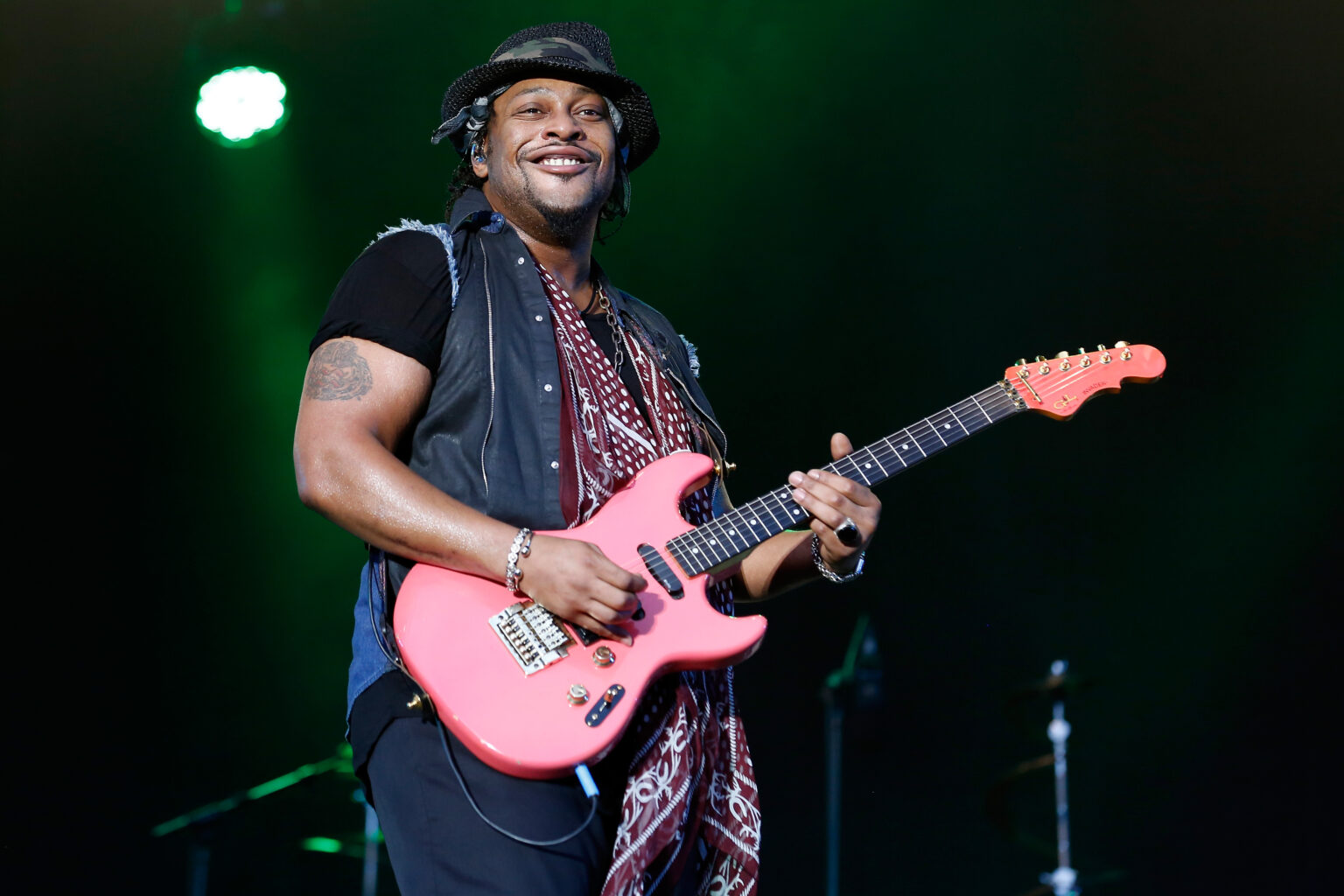A Light Extinguished: Remembering D’Angelo
The world of music has been pierced by a profound stillness. Michael Eugene Archer — the artist the world knew simply as D’Angelo — has died at the age of 51 after a private battle with pancreatic cancer. A man who gave modern soul its heartbeat has left this world, and with him, an entire era seems to exhale its final note.

A Private Battle, A Public Legacy
D’Angelo passed away on October 14, 2025, surrounded by family after months in hospice care. His loved ones shared that he faced his illness with extraordinary grace, asking only for privacy while he waged a quiet war against a relentless disease. In their statement, they called him “the shining star of our family” — a description that, to millions of listeners, feels achingly true.
The Soul Architect
When D’Angelo first arrived in the mid-1990s, he didn’t just make music; he rewired the language of R&B. His debut album, Brown Sugar, was a slow burn of analog warmth in a digital decade. Its grooves were built on real instruments and church-honed musicianship, not loops and presets.
With Voodoo, released five years later, he elevated neo-soul from a movement to a force — crafting dense, spiritual soundscapes that blurred gospel, funk, hip-hop, and blues into something entirely his own. And with Black Messiah in 2014, he proved his genius remained intact, creating an album that was both timeless and defiantly of its moment.
The Man Beneath the Icon
Behind the legend, however, was a deeply private man. Despite the image that his “Untitled (How Does It Feel)” video etched into pop culture, D’Angelo was never at ease with being a symbol. He struggled with the weight of expectation — literal and figurative — and spent long stretches away from the spotlight. He sought refuge not in fame but in craft, choosing silence over spectacle.
A Final Curtain Drawn Quietly

Those closest to him describe his final months as both tender and devastating. His 27-year-old son, Mike Jr., was at his side, still mourning the loss of his mother Angie Stone only months before. Friends say he remained focused on music even in his last days — a man who communicated most clearly through melody and rhythm.
A Tidal Wave of Grief and Gratitude
Within hours of the news, tributes poured in from every corner of the music world. Producers, singers, and musicians spoke not just of a legend, but of a blueprint. For many, D’Angelo was the north star that reminded them why soul matters — why the human in music can never be replaced. He influenced generations without ever chasing the limelight.
A Permanent Echo

D’Angelo’s story is not one of noise, but of resonance. He lived quietly, created deliberately, and left behind work that pulses with life. His music remains a sanctuary — a place where church organs meet bass lines, where sweat and spirit collide, where groove becomes prayer.
He departs far too soon. But what he built is indestructible.
D’Angelo was not simply a voice of a genre; he was its heartbeat. And though that heart has stopped, its echo will reverberate through the world’s speakers for generations to come.
